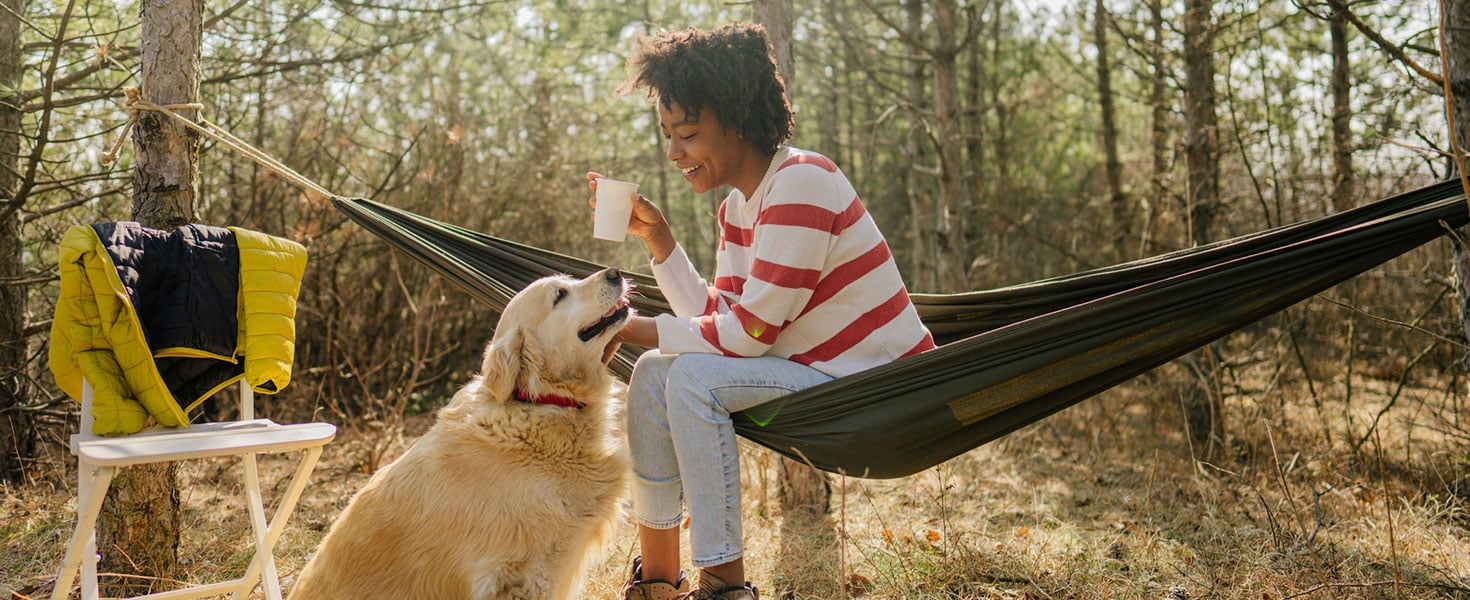
Whether sleeping under the stars in a tent or opting for alternative lodging, camping can be the perfect getaway from your daily life. Plus, with a little planning, you’re sure to find the relaxation or adventure you’re looking for.
Here are some of the best camping tips and advice for first-time campers:
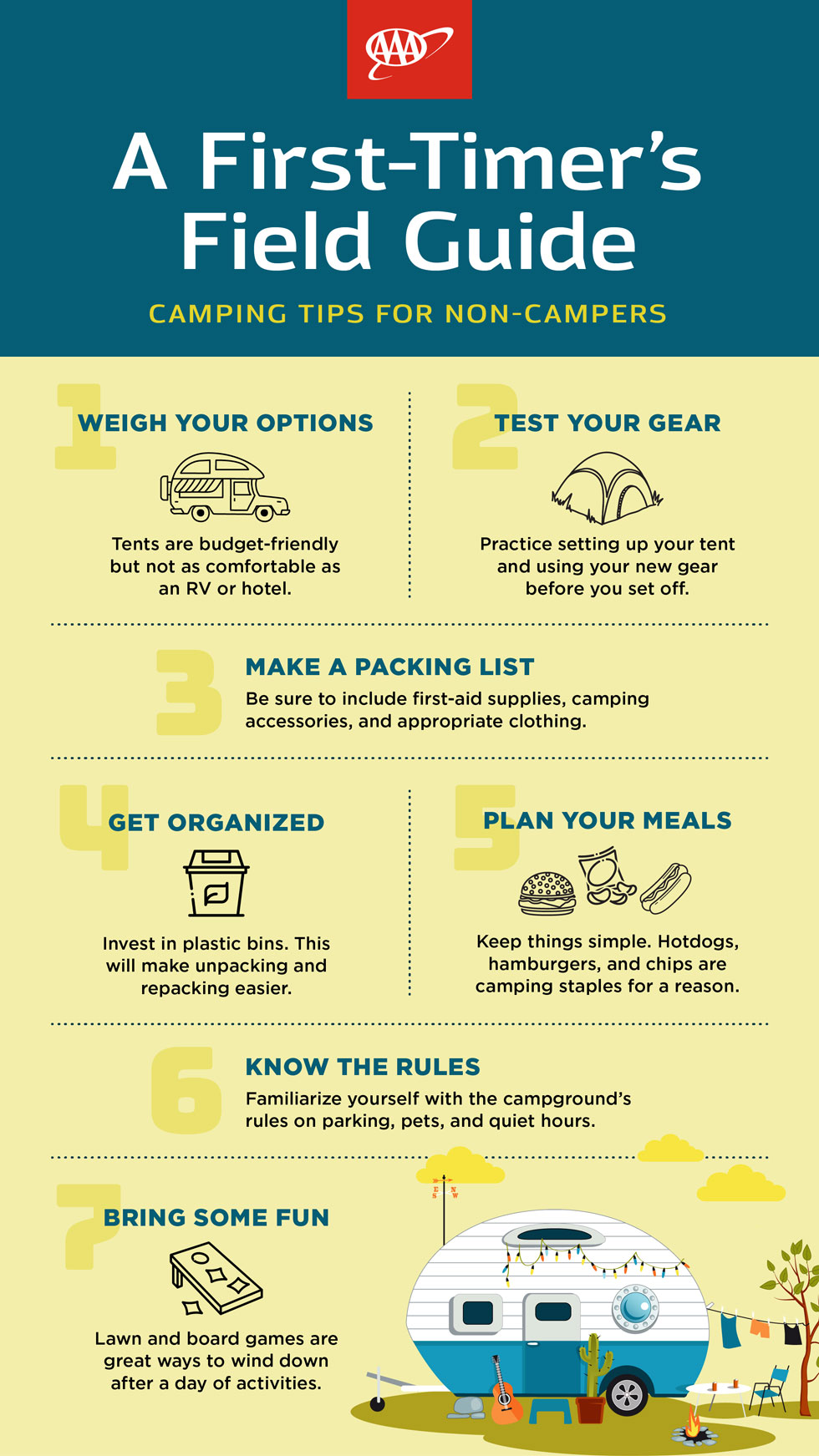
Tent, RV, or alternative lodging?
One of the first things you’ll need to decide is what shelter you’re going to want for your trip:
- Tents are a popular option for beginners because they are portable, adaptable, and generally budget-friendly. You can find tents in a variety of shapes and sizes with different degrees of weather protection, insulation, and other features.
- RVs may seem a little intimidating, but with a little research, you can choose a motor home, fifth-wheel, travel trailer, or pop-up trailer that fits your budget and your needs. If you desire some comforts of home while camping, you may want to consider an RV.
- Alternative lodging can include hotels, Airbnbs, VRBOs, cabins, or other lodging available at some campgrounds.
Think about your needs, especially if you will be camping with older adults, younger children, or pets. Also think about the weather. Tents don’t have heating or air conditioning, so if you’re going someplace hot or cold, you’ll want to be properly prepared.
Also consider your level of experience. Some tents and RVs are a little more complex than others and may require advice from a seasoned camper or some pre-trip research (think YouTube videos or reference manuals).
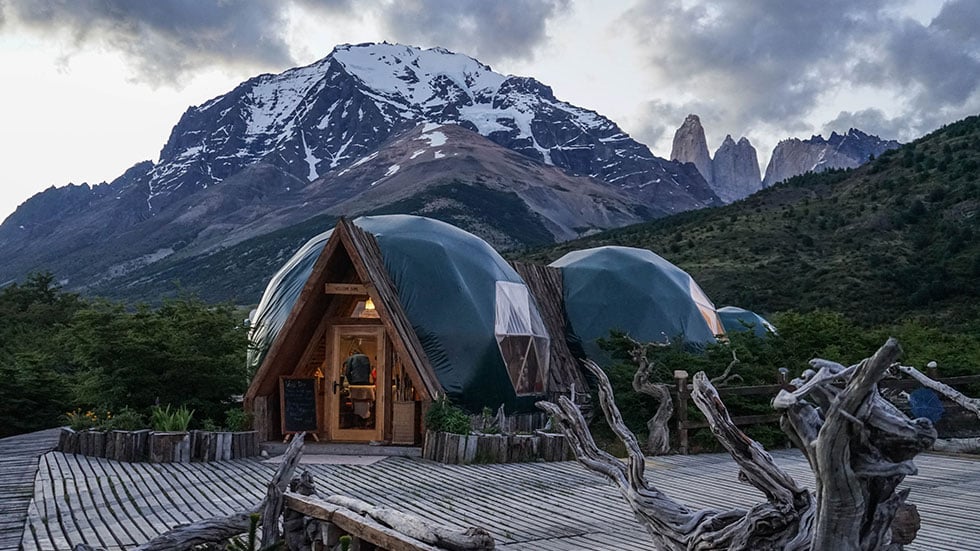
Choose a location
Choosing the right location requires some thought, especially for first-time campers. To choose a location, consider:
- Your goals, including why you want to go on the trip. Do you want to visit historical sites? Hike or spend time outdoors? Spend quality time with loved ones? Which areas offer the best options for what you want to do?
- The season, because some campsites are better than others during different times of the year, especially when it comes to weather, temperatures, seasonal views, and activities.
- Distance, because you’ll need to decide whether you want to travel somewhere and explore a new area or stay closer to home.
Be sure to reserve your campground as soon as you decide where you'd like to go. Some campgrounds get booked up months in advance, so you’ll have to plan ahead.
When picking a campsite in the campground, choose one further away from the bathrooms and one that can accommodate vehicles, especially if traveling with a group. If you’re tent camping, choose acampsite in the tent-only section. If staying in an RV, make sure you choose a campsite with the appropriate hookups.
Prepare a packing list
It’s important that you know what to bring on a camping trip and how to use all the gear you might need. Items can vary, based on where you’re going and what shelter you’ll have, but some essential camping gear for beginners includes:
- Sleeping gear: Sleeping bags, sleeping pads, blankets, an inflatable mattress or cot, pillows, white noise machines, etc. If you’re bringing a sleeping bag, make sure you have one appropriate for the weather.
- Campsite needs: Headlamps, flashlights, lanterns/outdoor lighting (like torches), approved firewood, a cooler and ice, matches, a lighter and fire starter, extra batteries, a portable charger or power bank, basic tools, and a wi-fi extender or similar device.
- Cleaning supplies: Trash bags, paper towels, cleaning sponge, and wipes.
- Furniture/accessories: Camping chairs, tablecloth, insect-repellant, small tables, shade structures, and outdoor rug.
- Personal belongings: Hygiene items and toiletries (towels, soap, shampoo, toothbrush/paste, etc.), event tickets, parking passes, spare cash, wallet.
- Safety equipment: Water bottle, sunscreen, first-aid kit, and portable fire extinguisher.
- Kitchen supplies: Pans, tongs, spatulas, grill grate, dishes, utensils, etc. Make sure pots/pans are rated for campground use and can withstand cooking over an open flame (if you're preparing your meals that way).
Depending on your activities and/or the terrain of where you are visiting, bring appropriate clothing and shoes/boots, including rain gear, light layering pieces that are durable and quick-drying, extra socks, a swimsuit, winter clothing (if applicable), etc. Consider purchasing gear from reliable brands, such as Coleman or REI, or find discounted gear on sale or online.
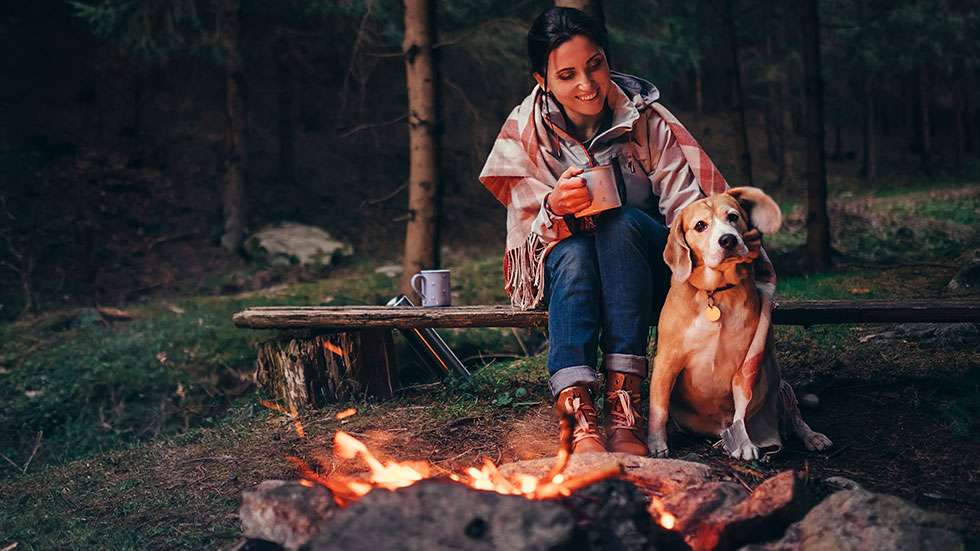
Get organized
Your camping trip might include staying in different places along your route. Getting organized and packing wisely can make things easier:
Store gear in clear plastic bins.
- Bring sealable bins for food.
- Bring a backpack or small overnight bag for clothes.
- Keep your sleeping bag in the accompanying drawstring bag.
Plan your meals
Planning your meals ahead of time will make cooking a breeze. Not only do you know what types of kitchen supplies you’ll need, but you can also purchase and pack food items in advance. Consider any cooking essentials you’ll need (like spices, oils, etc.) and meal staples (like produce, breakfast meats and eggs, sandwiches, canned soups, and water).
Keep your meals simple, like burgers and hot dogs. Decide how you’ll be cooking your meals, such as over a campfire or charcoal grill. Also take snack items that travel well, like jerky, trail mix, chips, pretzels, granola, and cereal.
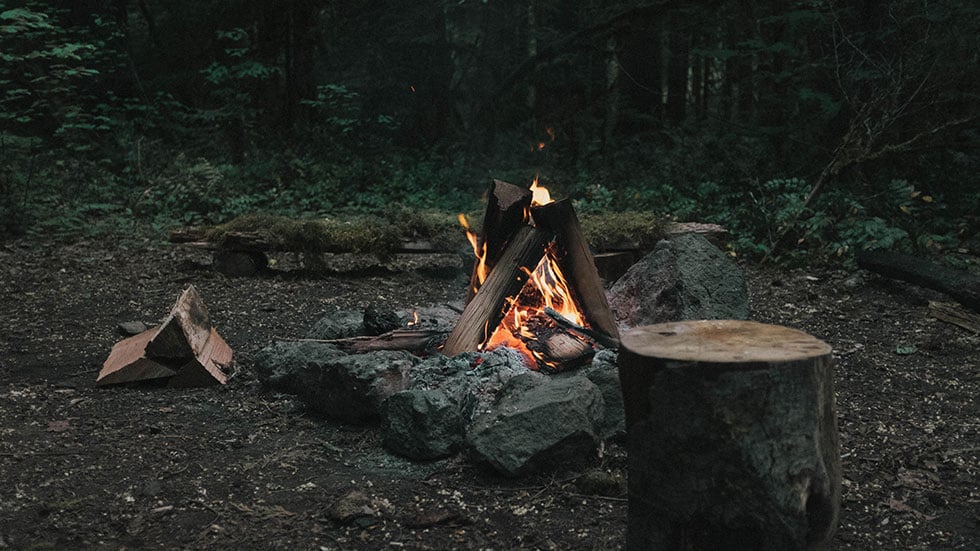
Test your gear
Before you leave, practice assembling your tent in your yard. Make sure your sleeping bag is comfortable, that all battery-operated items are in working order, and that batteries are charged. Do a test run of the portable cooking stove. To avoid blisters, make sure any new shoes or boots are broken in, and make sure all backpacks have working zippers and straps.
If you’re taking an RV, make sure you know how everything works and how to operate the hookups. If the RV is a larger-sized vehicle, practice driving and parking it before your go.
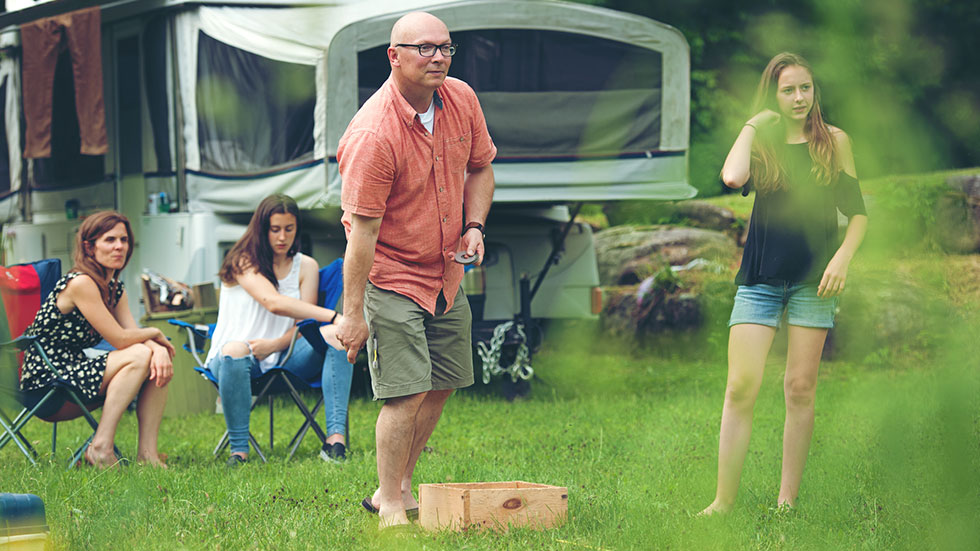
Bring games and activities
Many campgrounds offer recreational activities and events, and you'll likely have other activities in mind. So, plan and pack accordingly for:
- Hiking and backpacking
- Biking
- Watersports
- Fishing
- Canoeing, kayaking, boating
- Sightseeing
- Lawn games (ladder ball, cornhole, horseshoes, etc.)
- Cards, board games, books, puzzles, etc.
Get familiar with guidelines
All campgrounds have rules and guidelines for things like:
- Parking
- Visitors
- Pets
- Quiet hours
You’ll also want to know exactly where your campsite is within the campground, if it has the hookups you need (for water and/or electricity), where the bathrooms and other facilities are, and rules for using any of the facilities.
Also get the details on what amenities the campground offers, such as fire pits, picnic tables, food storage lockers, etc.
Set up camp
Try to arrive at the campground during the day, so you can unpack and settle in before it’s dark. Find a flat spot to pitch your tent or park your RV. Be sure to set up your tent away from the cooking area (at least 100 yards, if possible).
If you’re camping in the mountains, don’t leave food or toiletries in the car. All scented items, such as food, deodorant, bug spray, and toothpaste, should be stored in a food storage locker at least 15 feet from your tent.
